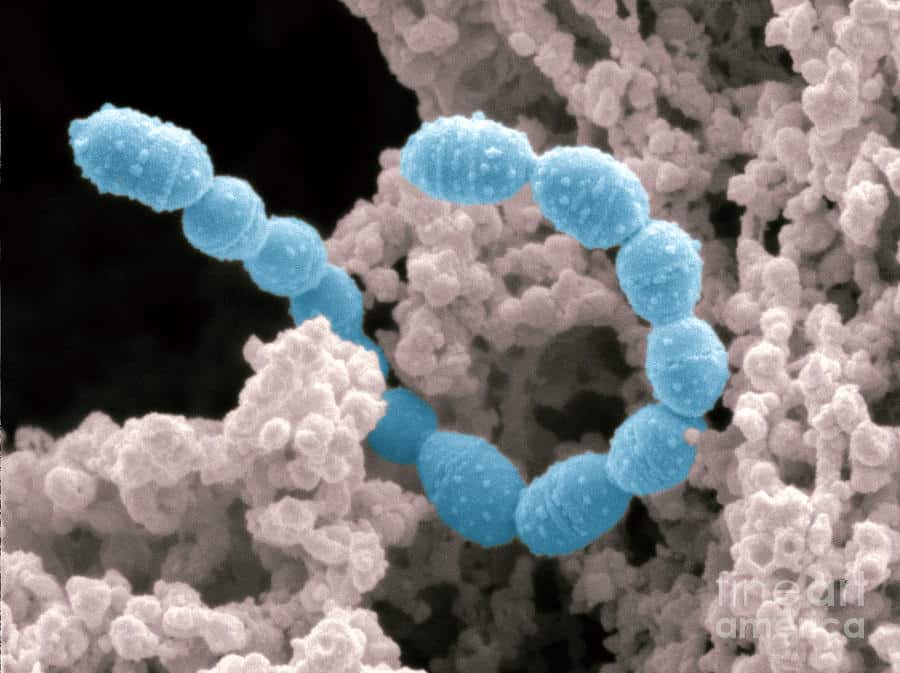Type-1 Diabetes Trial with Cheese-Producing Bacteria Greenlit by FDA
Lactococcus lactis is a commonly used probiotic whose health benefits we are just beginning to understand. This bacterium boosts the immune system, may combat allergies, hypertension, and IBD, and has beneficial effects on the skin.
And in addition to these virtues, it has been proposed to have another- cure Type-1 Diabetes.
It is a microbe classified informally as a Lactic Acid Bacterium because it ferments milk sugar (lactose) to lactic acid. Lactococci are found associated with plant material, mainly grasses, from which they are easily inoculated into milk. Hence, they are found normally in milk and may be a natural cause of souring.
The bacterium is of importance in the manufacturing of cheeses such as Cheddar, Colby, cottage cheese, cream cheese, Camembert, Roquefort and Brie, as well as other dairy products like cultured butter, buttermilk, sour cream and kefir.
Now, after being cleared by the FDA, a Belgium-based biotech, ActoBio, plans to begin a PhaseIb/IIa study for its drug, AG019, to treat early-onset type 1 diabetes. What makes this treatment special is that it consists of an oral capsule containing Lactococcus lactis.
The formulation is composed of engineered L. lactis delivering the autoantigen human proinsulin and tolerance-enhancing cytokine
IL-10. AG019 is designed to reduce T1D pathology by re-establishing immunological tolerance to islet antigens via the production of regulatory T-cells.Preclinical tests in new-onset diabetes animal models demonstrated stable reversion to normoglycemia after treatment with AG019 (L. lactis expressing IL-10 and human proinsulin) in approximately 60% of mice. The most effective treatment effects were seen for AG019 in combination with short-term treatment with an anti-CD3 monoclonal antibody with a maximum level of diabetic reversion of 89% when treatment started at early diabetes. AG019 also preserved residual β-cell function, halted insulitis progression and increased the frequency of regulatory T cells.
“With ActoBio’s AG019, I see for the first time the prospect of a disease-modifying treatment for type 1 diabetes patients, mostly children and young adults. The preclinical tests of AG019 showed a significant diabetes remission rate when treatment started at early stage. It could be a real game changer in disease management, which currently exists in life-long insulin dependence and adapted lifestyle. Together with my patients, my team is looking forward to participate in clinical studies to further develop this application,” commented Prof. Chantal Mathieu, head of the Diabetes division of R&D at the Leuven University and head of Clinical and Experimental Endocrinology University Hospital Leuven Belgium.
“Pre-clinical tests with AG019 combined with an anti-CD3 mAb showed to be the most efficacious treatment. We and our partner are proud to achieve this important milestone in the development of what could be the first true disease-modifying treatment of type 1 diabetes. We soon will start the clinical trials in association with specialized institutes in Europe and North America,” commented Pieter Rottiers, PhD, CEO of ActoBio Therapeutics.































Superb disha G
Very good targeted work
If you want to work in different expects on similar bacterium effects on human behavior…… You can proceed next level